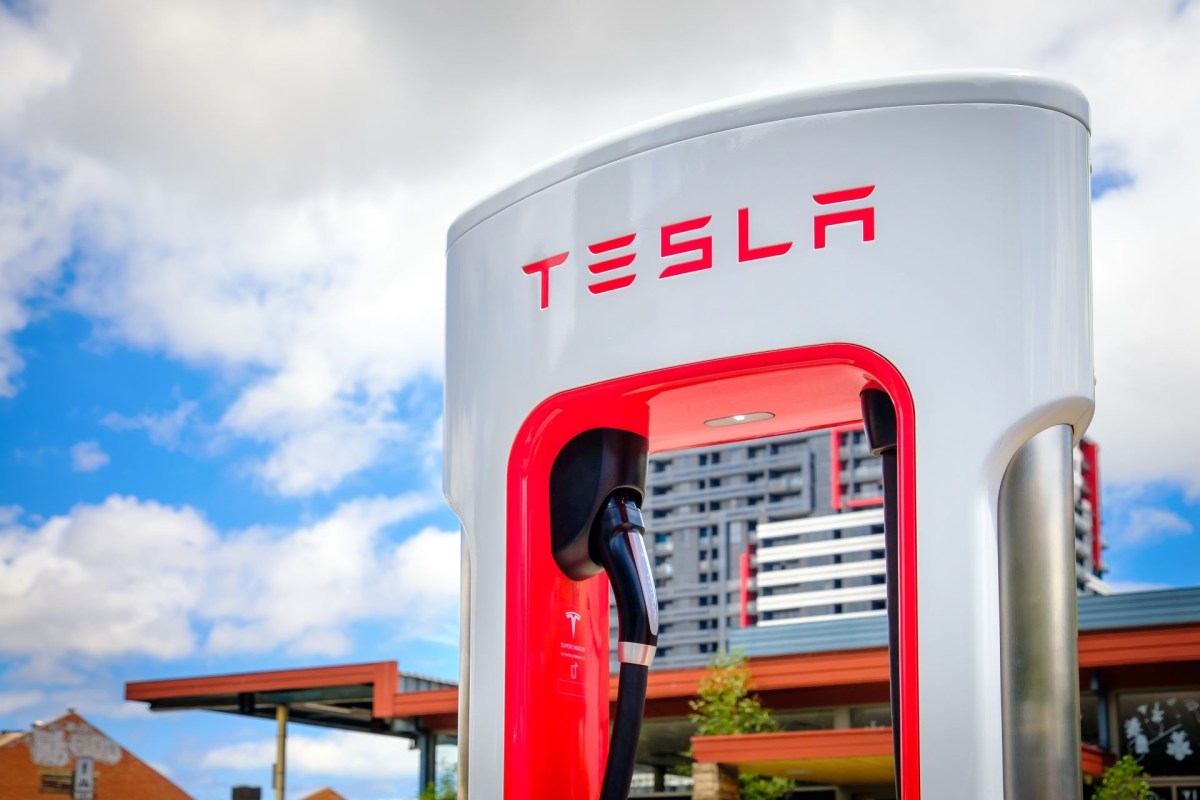Australia is on pace to ditch coal-based power in record time, in part thanks to the efforts of — and innovations from — Tesla, Bloomberg reported.
In 2017, Tesla installed the world's largest lithium-ion battery in southern Australia, according to the Washington Post. The battery functioned as a backup for the region's power supply in the event of a blackout and immediately proved it could meet the state's needs in "record time," based on the responses of state officials.
The rest of Australia has been following suit since then. According to Bloomberg, the country's most populous state, New South Wales, will close two of the country's largest coal plants by 2025, and Victoria, the second most populous state, has already closed one of its biggest plants.
Tesla's giant batteries store massive amounts of energy that can be accessed and regulated in a fraction of a second, which means that regions that rely on wind and solar power can still stay electrified on days without much sunshine or breeze, Bloomberg reported.
As Australia continues to electrify, the country provides a model for how other nations could move away from power systems that rely on dirty energy like oil and coal.
Professor Andrew Blakers, an expert in renewable energy from the Australian National University, told Bloomberg that systems similar to Australia's electrification could be applied to countries across the "sun belt," which refers to regions of Africa, India, China, Southeast Asia, Latin America, and the Middle East that are home to 80% of the world's population.
Bloomberg showed forecast charts of Australia jumping from 55% of its power coming from renewable generation in 2025 to a staggering 83% by 2030. What's more, all of the country's coal plants could be closed in less than 20 years — vital for the regulation of the Earth's temperature, which is negatively impacted by dirty energy-based pollution.
"We are the global pathfinder for demonstrating that the rapid transition is possible," Blakers told Bloomberg. "And it's turning out to be much easier than most people think."
Join our free newsletter for cool news and actionable info that makes it easy to help yourself while helping the planet.









